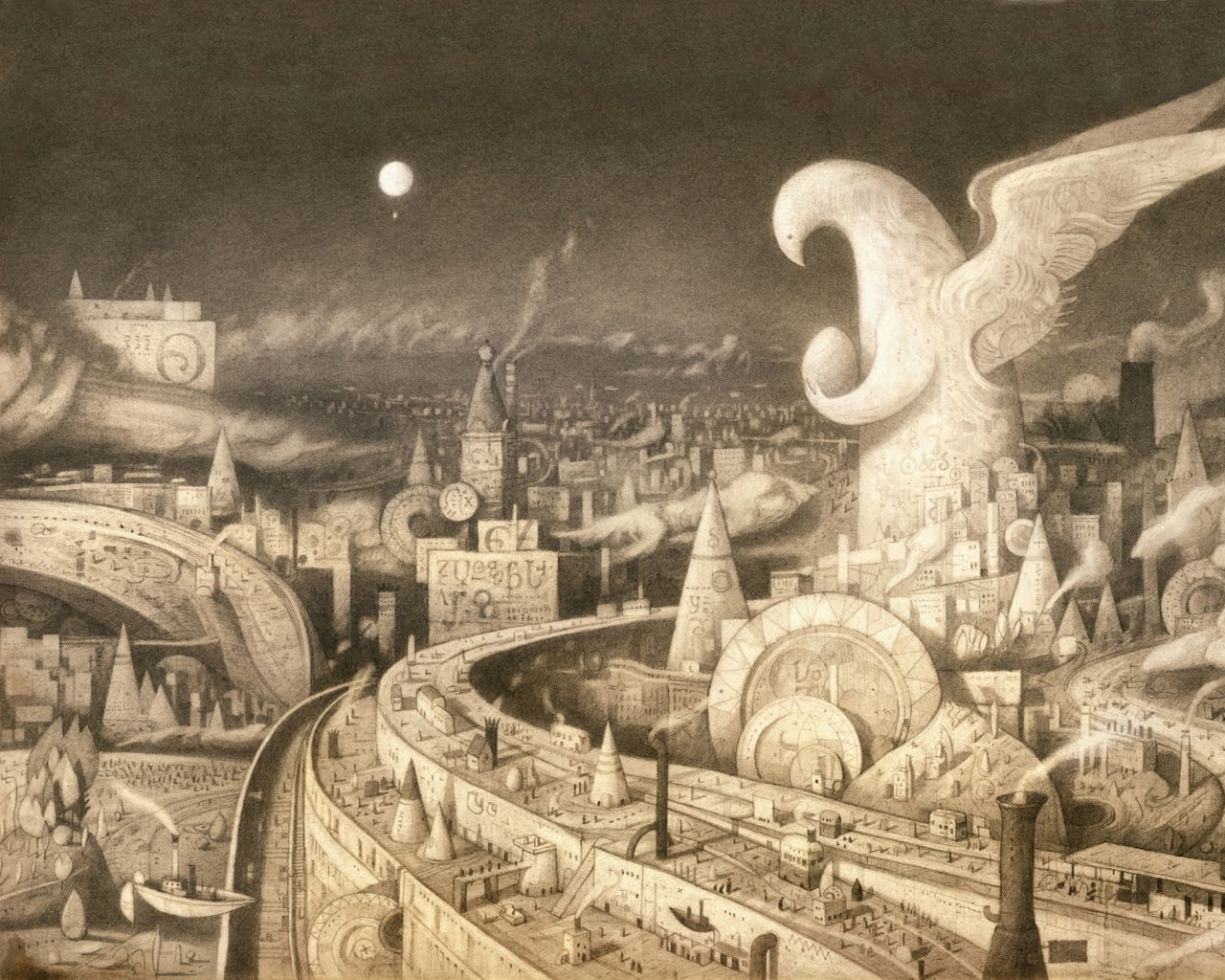My rating: 4/5
Book review:
In Romanian, the word fugă has a double meaning: that of run/flight and that of fugue, the polyphonic musical composition in which the theme is repeated by several voices and developed through the counterpoint technique. The word is used in this novel both ways: the main character is caught in a perpetual and futile run, while the novel is structured similarly to a Bach fugue, with different voices that replay and develop the main theme, but also with additions that extend the complexity of the story.
As a critic states in the foreword, this novel which cannot be retold has, precisely for that reason, a fresh quality, even after 40 years from its conception. Founder of the oneiric aestheticism, Dumitru Ţepeneag conceived his first novel after the logic (or non-logic) of dreams, as opposed to the surrealism, which uses dreams as a source of images and motifs.














































